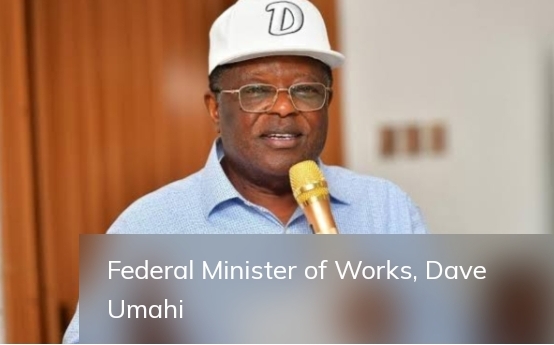The Federal Government of Nigeria has announced its decision to disembark from the proposed Lagos-Calabar Coastal Highway realignment.
This was disclosed at the 3rd Stakeholders Meeting in Lagos, where the Minister of Works, Dave Umahi, confirmed that the proposed diversion would no longer occur due to the submarine cables along the coastline.
Umahi also announced that the Environmental Impact Assessment (EIA) would not be available for now, citing Section 15 (b) of the Freedom of Information Act to support the government’s decision to withhold certain information from the press and public.
The Section Umahi cited is the exception of third-party information, which allows government institutions to deny journalists or the public access to information.
Meanwhile, the announcement comes after the telecommunication companies warned the government of the possibility of network outage in the country if the diversion is not reconsidered.
The government has since decided not to proceed with the diversion, which would affect connectivity to the internet in the country and lead to the demolition of ancestral homes in the Okun-Ajah community.
In a video posted by journalist Laila Johnson-Salami, members of the Okun-Ajah community were seen praising the Tinubu-led administration for its decision not to use the route.
Despite previous demolitions that affected the beachfront of private businesses, including LandMark, the government is now considering alternatives to ensure the continuation of the Lagos-Calabar Coastal Highway.
FG disembarks on Lagos-Calabar Highway realignment due to Submarine Cables
